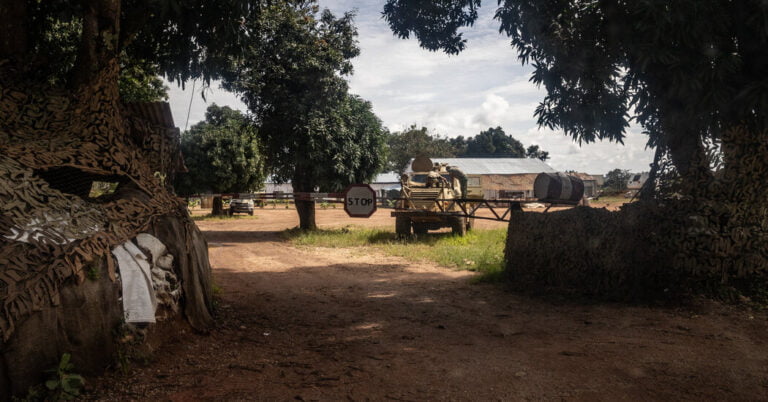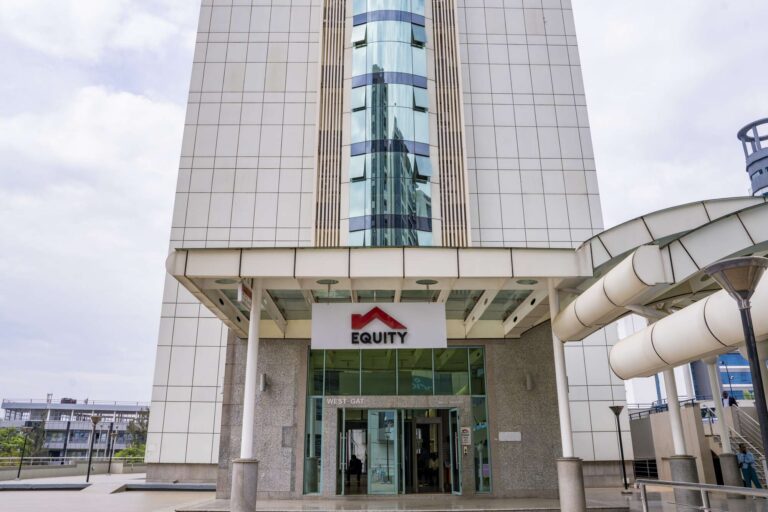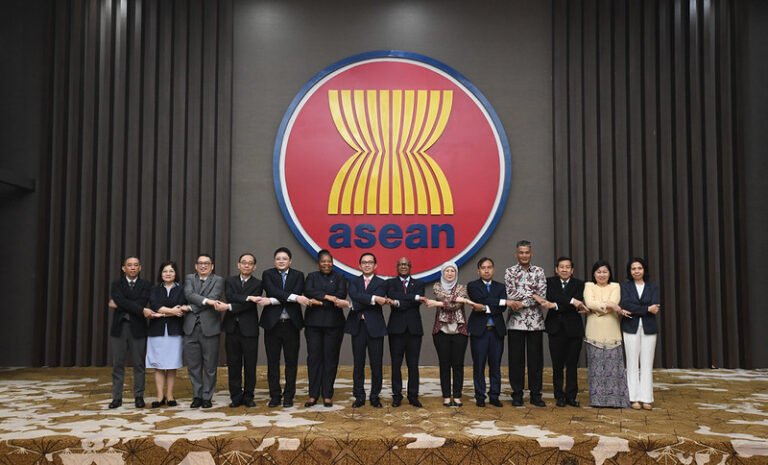Just outside the French army base in Abeche, a dusty city in eastern Chad, Mohamed Adam waits for his two toddlers. They had spots all over their faces so he took them to the French base, he says. “If you are sick sometimes they help.”
Mr Adam, a taxi driver, is grateful. But even he questions France’s role in Chad. “We are not fully independent,” he says. “It’s 50% for us, 50% for France.” But he demurs when asked if all French troops should leave.
Many others in Abeche are more hostile. Last year protesters tried to break into the base and ripped down the French flag, replacing it with Chad’s.
Anti-French feeling has grown sharply in the Sahel, the arid strip south of the Sahara, after a long French military intervention failed to stem jihadist violence in Mali, Niger and Burkina Faso.
Deaths in conflict increased from about 800 in 2016 to almost 6,000 in 2021, the last full year of French operations in Mali. A spate of coups has swept across the region since 2020, hitting Mali, Burkina Faso and Niger.
Those mounting them tried to justify their actions as necessary for security; each scapegoated France to bolster their popularity on the street. French soldiers, who had been invited in, were quickly pushed out, though that has not improved security.
The headquarters for France’s operations in those countries is located in a permanent base in Chad’s capital, N’Djamena, long its closest ally in the region. Large French army convoys retreating from Niger are now arriving in the city.
Source: The Economist









Leave a Comment